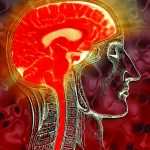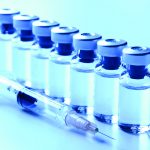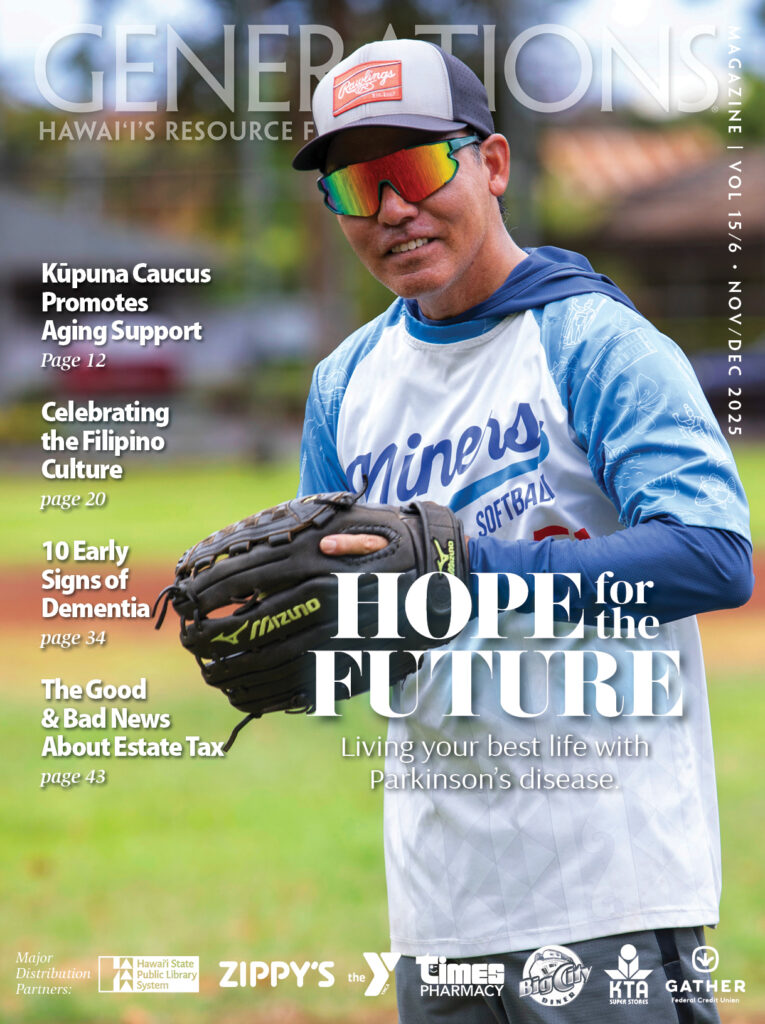The vision of the Alzheimer’s Association is a world without Alzheimer’s and all other dementia. To realize this vision, we fund research to better diagnose, treat and ultimately cure the disease. In fact, we are the world’s largest nonprofit funder of dementia research.
A few highlights of our progress:
Diagnosing the Disease: Biomarkers
A biomarker is a measurable indicator of the severity or presence of a disease state. As blood pressure is an indicator for cardiovascular disease, or hemoglobin A1C for diabetes, promising research is being done to identify biomarkers for Alzheimer’s disease. There are now ways to measure the presence of amyloid plaque or tau tangles, which are hallmarks of the disease, through imaging, blood tests, saliva, spinal fluid tests and retina screenings. We are optimistic that early diagnosis years before symptoms occur will be possible in the near future.
 Early diagnosis will enable early intervention and preclinical research opportunities to understand changes in the brain and body which lead to mild cognitive impairment and dementia.
Early diagnosis will enable early intervention and preclinical research opportunities to understand changes in the brain and body which lead to mild cognitive impairment and dementia.
A Healthy Heart = A Healthy Head: Lifestyle
The brain utilizes about 20 percent of the blood pumped by the heart, so what is good for your heart is good for your head. When people have cardiovascular disease or diabetes, blood vessels don’t work very well. Studies have shown that as many as 80 percent of individuals with Alzheimer’s also have cardiovascular disease.
 The Alzheimer’s Association has championed and funded efforts to understand the role lifestyle plays in keeping our brain (and heart) healthy. Through our U.S. Study to Protect Brain Health Through Lifestyle Intervention to Reduce Risk (U.S. POINTER), we evaluate whether lifestyle interventions (diet, physical activity, mind/ brain stimulation, etc.) that target risk factors for dementia protect cognition in older adults who are at increased risk. U.S. POINTER is the first such study to be conducted in a large group in the country.
The Alzheimer’s Association has championed and funded efforts to understand the role lifestyle plays in keeping our brain (and heart) healthy. Through our U.S. Study to Protect Brain Health Through Lifestyle Intervention to Reduce Risk (U.S. POINTER), we evaluate whether lifestyle interventions (diet, physical activity, mind/ brain stimulation, etc.) that target risk factors for dementia protect cognition in older adults who are at increased risk. U.S. POINTER is the first such study to be conducted in a large group in the country.
Medications
Pharmacological therapy has a role to play in treatment and potentially, in prevention. As biomarkers become available, therapeutics and other interventions can be introduced earlier, years before symptoms of dementia develop. The science is working. It isn’t a matter of whether we will find a cure for Alzheimer’s disease and other dementia, but when.
ALZHEIMER’S ASSOCIATION
1130 N. Nimitz Highway, Ste. A-265, Honolulu, HI 96817
808-591-2771 | www.alz.org


Leave a Reply